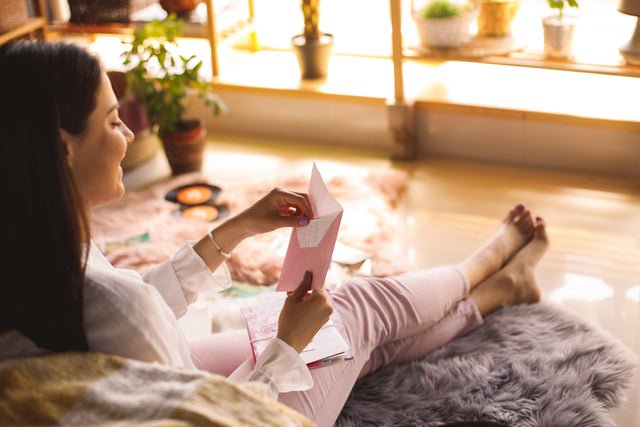Many customers of My Name Label are busy mums and dads using our personalised kids labels to stay organised and save time. Here are some of the best strategies I've picked up from talking with them about how they keep their families organised.
#1 – Start the day right with the morning routine
Morning routines work wonderfully well and are very useful for adults and children. The more you follow a morning routine, the more automatic and easy it becomes. But, be careful, because this also applies to unhelpful routines like the kids sitting in front of the morning cartoons when they should be getting ready.
Do things in basically the same order each morning to reinforce the routine and remember that mornings really start the night before. Better to lay out clothes and get bags packed the night before, rather than in the panicked rush of the morning.
#2 – Do as you go
Of course, a morning routine works best when everything is generally where it's supposed to be. No doubt you've experienced the frustration of spending 20 valuable morning minutes searching for a missing school shoe that is eventually found down the back of the sofa (how did it get there?).
The habit seems to come naturally to mums – we're always multi-tasking and picking up as we go along. But how do we get our kids to put shoes and bags (and everything else) in the proper spot when they arrive home rather than just leaving them wherever they fall? What about some practical tips?
#3 – Make it easy
This really is the key to success. You need to make being orderly as easy as possible.
So, if the kids tend to dump bags and shoes near the door when they come home, don't try to make them carry it all to the other end of the house (or even the other side of the room!). Think about putting some racks and shelves close by. Use boxes and baskets to make it as easy as possible for your children to put their belongings away and use stick on labels so it's always clear who is responsible for what, for example the pencil labels – fewer arguments that way!
#4 – Get everyone involved
There's been some controversy in the media about how young is too young to have children help with household chores. I don't know about cleaning toilets or doing laundry, but I don't think you can start too early when it comes to teaching kids to pick up after themselves.
Using colour coded name labels helps younger children learn where everything belongs. Assign a colour to everyone in the family (including you) so they can see mum and dad doing the same thing.
#5 – Make sure everyone knows what to do
You can have a marvellous plan in your head, but don't forget to let everyone else know about it! Talk about what each person needs to do and how it helps the family as a whole. Show how you're working as a team, and then make it easy to follow through with reminders and checklists (such as for your morning routine). Do one for yourself too – you'll be amazed how helpful it can be.
#6 – Remember rewards
We often think about rewarding kids individually when they do well – which can be great. Think also about what you can do as a family to celebrate your team success at being organised. Imagine if you were so organised throughout the week you could take an afternoon for a picnic or a movie together.
#7 – Just say 'No!' to a hurried, hassled family
Finally, don't get caught up in the idea that we can do everything if we're just organised enough.
When we're looking at a packed schedule it's tempting to ask, 'How can we do this faster?' instead of asking, 'Do we really need to do all this?'
As a family talk about what you can reasonably do in one week. Just because you might be able to squeeze in another activity doesn't mean you should. Family rest time is also important.
And remember, being organised doesn't mean being perfect, just functional!




